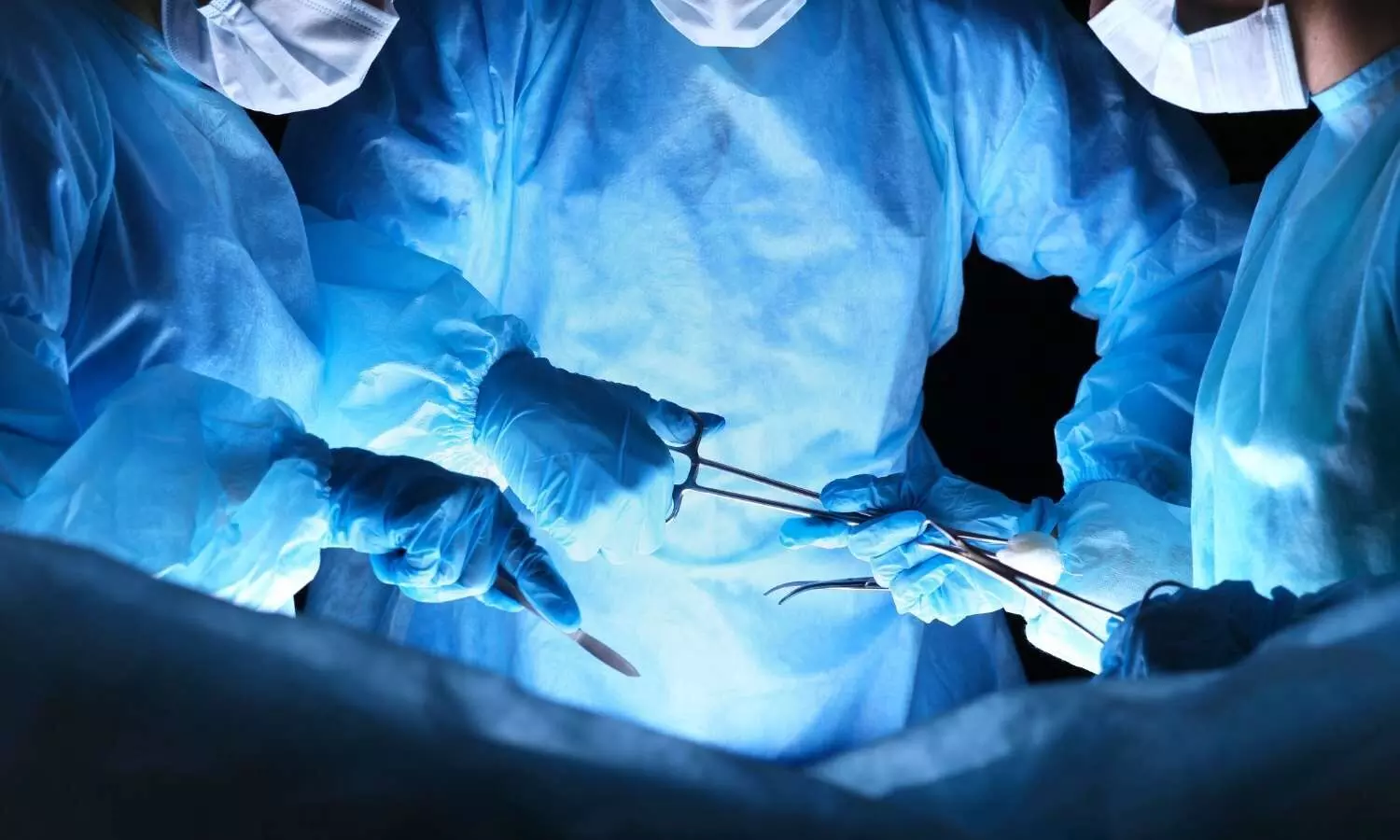High-Risk Uterine Cancer Patient Operated at AIIMS Despite Severe Health Complications

New Delhi: A 51-year-old woman with uterine cancer and multiple severe comorbidities successfully underwent high-risk cancer surgery at the All India Institute of Medical Sciences (AIIMS), Delhi. The patient, who was also dealing with kidney failure, cardiac issues, and uncontrolled diabetes and blood pressure, had been denied surgery at other centres due to the high risk of complications and potential intraoperative death.
The procedure was performed on July 21, 2025, at the Institute of Rotary Cancer Hospital (IRCH) at AIIMS, in a coordinated effort by surgical oncologists and onco-anesthesiologists.
"Besides that, she had multiple comorbidities such as kidney failure, uncontrolled high blood pressure and cardiac issues with uncontrolled diabetes etc, which made her condition complex and inoperable," said Dr M D Ray, professor, surgical oncology at IRCH, AIIMS.
The patient had consulted multiple hospitals previously, but her deteriorating health made surgery highly risky. "She had undergone several consultations but nobody took the risk of operating on her because of the high possibility of 'on-table death'," said Dr Rakesh Garg, professor at the Department of Onco Anaesthesia at IRCH.
"The onco-anesthesiologist's initial reservations about surgery were well-founded, given the patient's precarious condition and the ever-present risk of intraoperative mortality," Dr Ray added.
Despite these concerns, a staging laparotomy was carried out, which included a radical hysterectomy to remove the uterus, cervix, and both ovaries. "However, after meticulous planning and collaboration, the patient underwent a successful staging laparotomy on July 21, 2025, comprising radical hysterectomy in which the uterus, cervix and both the ovaries were removed to get rid of cancer," said Dr Ray.
Surgeons also removed other suspected sites where cancer could potentially spread. "The cancerous elements have been removed from her body," he stated.
The surgery lasted for one hour and was notable for the absence of blood loss and stable vital signs throughout. Postoperative care involved close monitoring in the intensive care unit (ICU) due to ongoing health issues including decreased urine output, elevated blood sugar, and fluctuating high blood pressure. "A day before the surgery, the patient underwent dialysis and even after the surgery on the third day, the patient underwent dialysis successfully and was discharged on the fourth day," Dr Ray said.
Despite continued high serum creatinine levels requiring further dialysis, the patient showed steady recovery and was discharged in stable condition.
(With inputs from PTI)


